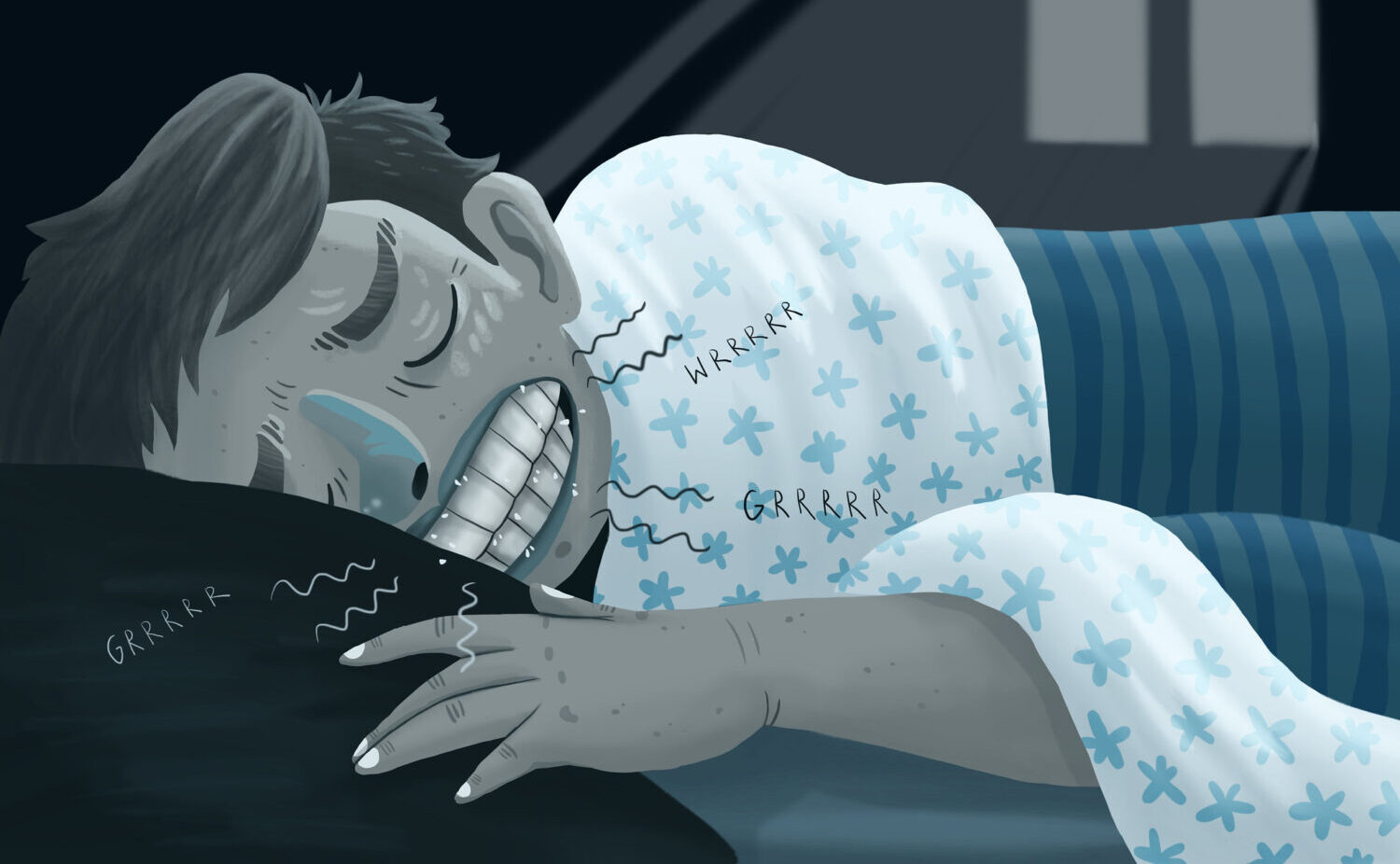In this post, discover practical tips to manage tooth sensitivity and protect your smile from discomfort.
Is Tooth Sensitivity a Sign of a Larger Problem?

Toothache image by Andrea Piacquadio on Pexels
Tooth sensitivity can feel like a quick twinge of discomfort or a more intense, lingering sharpness. There are many reasons for this discomfort. For example, if you’ve recently gotten a teeth whitening treatment or a dental filling, some sensitivity is normal. But can it indicate a larger problem? Here are three of the more serious issues related to sensitive teeth:
Exposed Nerve
In healthy teeth, your gums and outer tooth layers shield the sensitive nerves inside your teeth. If the nerves become exposed due to a cause like gum recession, thin enamel, or dental trauma, you can feel extreme sensitivity to the point of pain. It’s most obvious when you eat anything acidic, sweet, hot, or cold.
Gum Disease
Gum disease is an infection of the gums. It often begins without serious symptoms, but you may notice tooth sensitivity as your gums begin to recede. The sensitivity may come and go but will continue to get worse if you don’t get your gums treated. Gum disease can lead to bone and tooth loss, so you should visit us as soon as you experience increased tooth sensitivity. Keeping up with routine cleanings and checkups is a great way to prevent gum disease.
Tooth Decay
Sensitivity can mean you’re dealing with tooth decay or a cavity. In the early stages, decay often doesn’t cause any symptoms. But as your teeth become more demineralized and weakened, you may feel more sensitivity when you eat or drink something acidic, sweet, hot, or cold. You may also feel a dull aching pain that comes and goes. As soon as you notice increased sensitivity or discomfort, make an appointment with a dentist! We want to treat cavities as quickly as we can before they cause lasting damage.
Receive Care for Your Tooth Pain at CarolinasDentist!
At our multiple locations, we offer treatment for tooth sensitivity and its underlying causes. While it isn’t always a sign of a larger problem, we recommend getting your sensitive teeth checked out by our expert team. Please contact us today to schedule an appointment!









